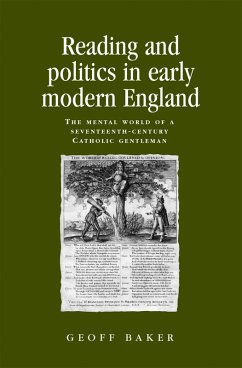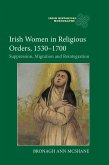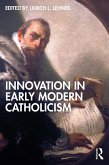This book examines the activities of William Blundell, a seventeenth-century Catholic gentleman, and using the approaches of the history of reading, provides a detailed analysis of his mindset.
Blundell was neither the passive victim nor the entirely loyal subject that he and others have claimed. He actively defended his family from the penal laws and used the relative freedom that this gave him to patronise other Catholics. Not only did he rewrite the histories of recent civil conflicts to show that Protestants were prone to rebellion and Catholics to loyalty, but we also find a different perspective on his religious beliefs. Blundell's commonplaces suggest an underlying tension with aspects of Catholicism, a tension manifest throughout his notes on his practical engagement with the world, in which it is clear that he was wrestling with the various aspects of his identity.
This is an important study that will be of interest to all who work on the early modern period.
Blundell was neither the passive victim nor the entirely loyal subject that he and others have claimed. He actively defended his family from the penal laws and used the relative freedom that this gave him to patronise other Catholics. Not only did he rewrite the histories of recent civil conflicts to show that Protestants were prone to rebellion and Catholics to loyalty, but we also find a different perspective on his religious beliefs. Blundell's commonplaces suggest an underlying tension with aspects of Catholicism, a tension manifest throughout his notes on his practical engagement with the world, in which it is clear that he was wrestling with the various aspects of his identity.
This is an important study that will be of interest to all who work on the early modern period.
Dieser Download kann aus rechtlichen Gründen nur mit Rechnungsadresse in A, D ausgeliefert werden.









